
FBR’s WeBOC system to be replaced with new system
FBR has announced that Pakistan Customs will be replacing its existing WeBOC customs clearance system with a new, state-of-the-art Customs Digital Management System. The Pakistan Single Window Company, as the designated implementation partner of Pakistan Customs, will be responsible for quickly developing the new Customs Digital Management System.
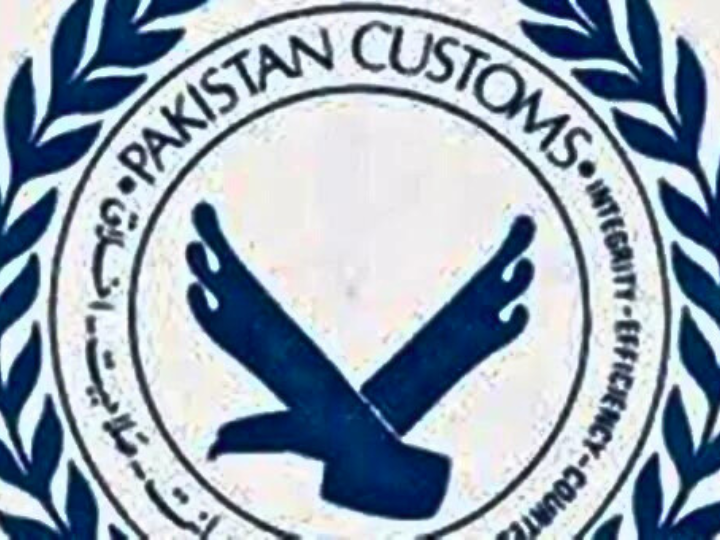
Pakistan Customs Completes Business Process Mapping
By leveraging WeBOC, Pakistan has advanced significantly in the simplification and digitalization of the entire ecosystem of trading across borders, surpassing even some developed countries through the Pakistan Single Window initiative.
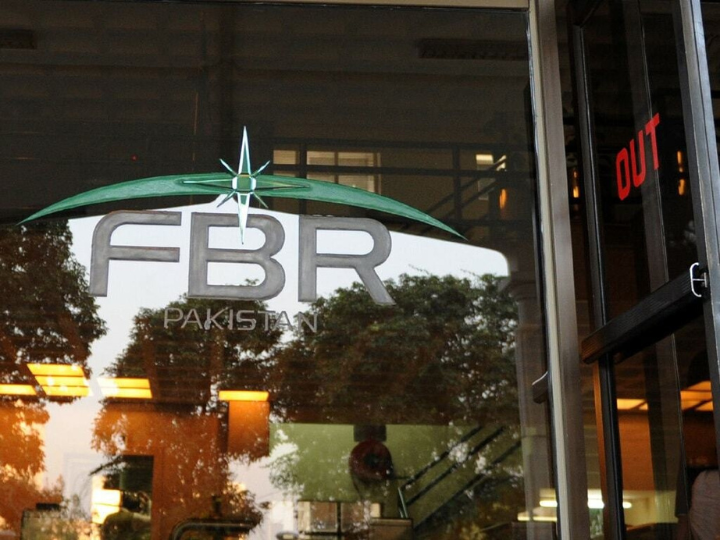
Pakistan Customs Achieves Progress in World Bank-funded Project
Leveraging WeBOC, Customs has enabled the country to leapfrog even the developed nations in the simplification and digitalization process of the entire ecosystem of trading across borders through Pakistan Single Window.

Pakistan Customs Achieves Progress in World Bank-funded Project
Leveraging WeBOC, Customs has enabled the country to leapfrog even the developed nations in the simplification and digitalization process of the entire ecosystem of trading across borders through Pakistan Single Window.

Transitioning WeBOC to PSW: A step towards enhanced efficiency in trade operations
While both PSW and WeBOC were established to facilitate the import and export of goods in Pakistan through automation, WeBOC primarily focuses on customs clearance processes. PSW adopts a more comprehensive approach, understanding trade facilitation in an enhanced manner, covering a myriad of trade-related activities.
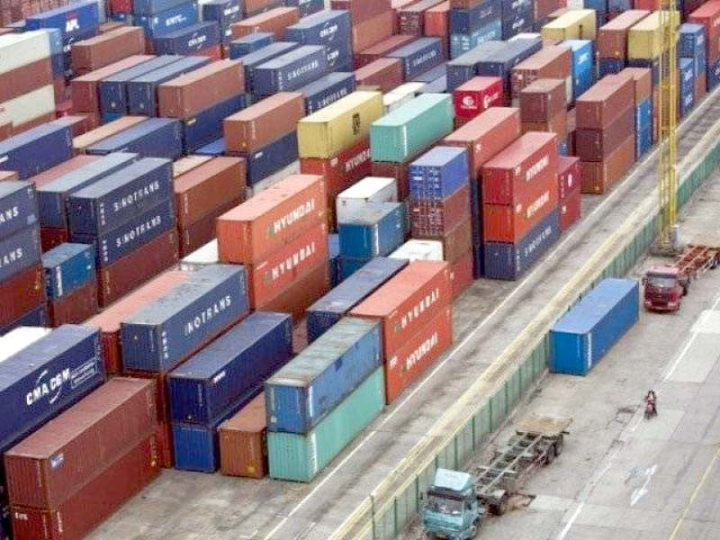
Pakistan needs a more holistic pro-trade strategy
Implementing the Pakistan Single Window not only reduces costs and time on trade-related documentation and procedures but is also likely to increase Pakistani firms’ participation in international trading activities.

Country should chalk out pension reform plan: WB
Simplify requirements and documentation for firms to access the Export Facilitation Scheme (EFS). Digitise and automate EFS processes and verification checks through the Pakistan Single Window to allow risk-based audits
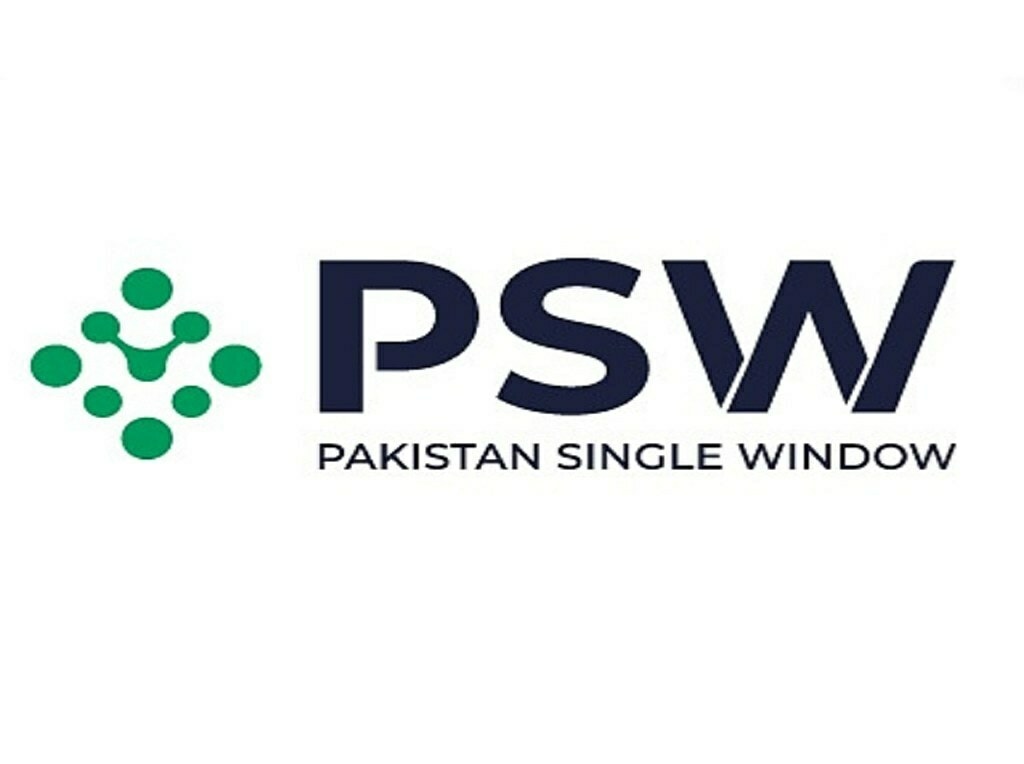
Sindh Excise, Taxation & Narcotics Control successfully completes PSW test run
The Sindh Excise, Taxation & Narcotics Control (ET&NC) Department has officially announced the successful completion of the test run for its new Pakistan Single Window (PSW) module. This innovative digital system is designed to streamline the collection and management of the Sindh Infrastructure Development CESS (SIDC), including waivers and bank guarantees.
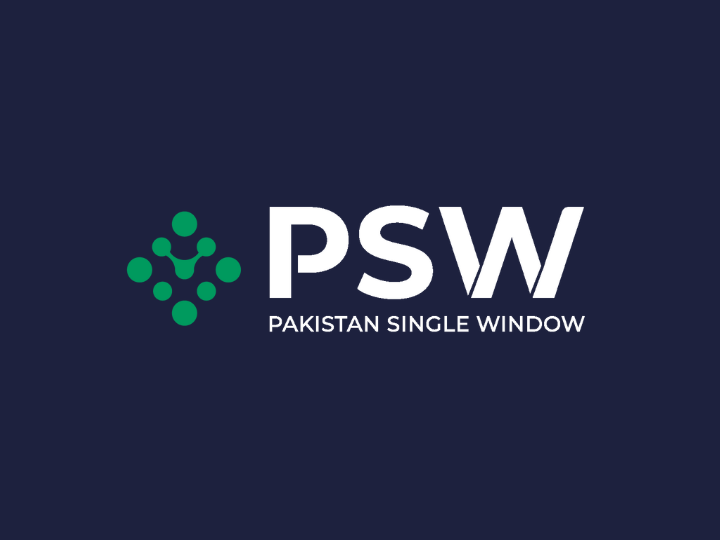
Priorities for New Government
The new government’s steadfast commitment to economic revival and proactive approach to building upon the groundwork laid by the caretaker administration are encouraging signs.

PM Shehbaz forms committee to enhance business ease
Prime Minister Shehbaz Sharif has launched a significant initiative aimed at facilitating business operations in Pakistan. To spearhead this effort, a committee has been formed under the leadership of Federal Minister for Privatisation and Board of Investment Abdul Aleem Khan.